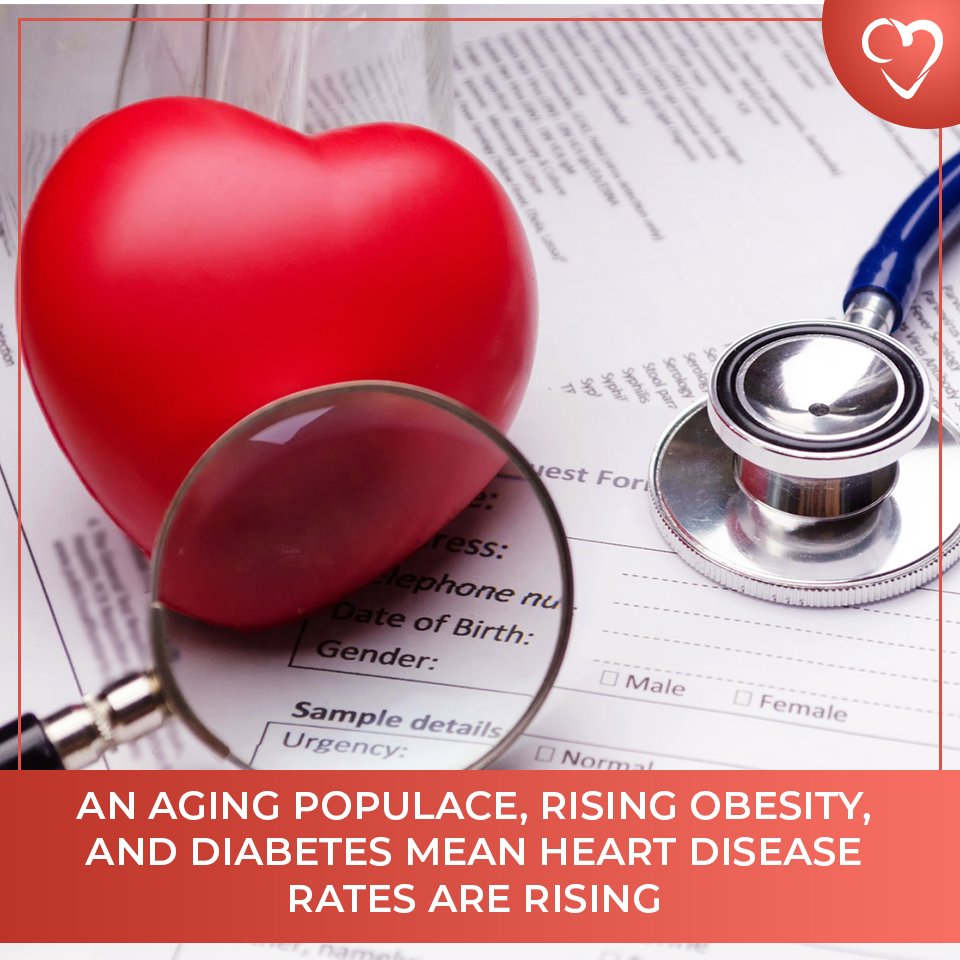
New research out in JAMA Cardiology this November has doctors concerned about a looming public health crisis. As the U.S. population ages, the incidence of cardiovascular disease and associated mortality is increasing. With advances in treatments and less smoking, the rate of cardiovascular mortality was falling for years, but in recent years, as the number of older Americans has grown and the rates of obesity and diabetes have increased, researchers have found that the death rate from heart disease rose 20 percent between 2011 and 2017.
The biggest drivers behind these numbers are obesity, hypertension, and diabetes, and physicians are concerned because these conditions can lead to more cases of cardiovascular disease and heart failure especially with preserved ejection fraction, which “lacks effective treatments,” according to the Wall Street Journal.
The aging U.S. population is expected to see the rate of heart failure rise by 37 percent by the year 2030. Over the course of the study period (2011 to 2017) the number of people aged 65 or older in the U.S. grew by nearly 23 percent to 50.9 million. TCTMD offers a comparison of the number of adults younger than 65, which grew by just 1.7 percent during the same time period. Meanwhile, the rate for heart failure increased by 20.7 percent. This increase in chronic disease is also expected to put a strain on our overall healthcare system in the coming years and decades.
Senior author in the study, Jamal S. Rana, told the WSJ that “controlling risk factors” is the strongest method of slowing the increasing rate of heart failure and heart disease.
Prevention means putting more emphasis on weight loss, control of hypertension, salt restriction, exercise and control of diabetes. Early recognition and treatment of heart disease and heart failure with medications and novel treatments of diabetes with SGLT 2 inhibitors are promising with cardiovascular benefits.
CardioVisual offers comprehensive information to share with colleagues and patients on all aspects of heart disease, heart failure, diabetes and newer treatments, including a review of SGLT-2 inhibitors presented by endocrinologists from Texas Diabetes and Endocrinology. Watch, Learn, Share and Discuss on the app. [LINK]
To learn more about the study, read it in JAMA Cardiology.